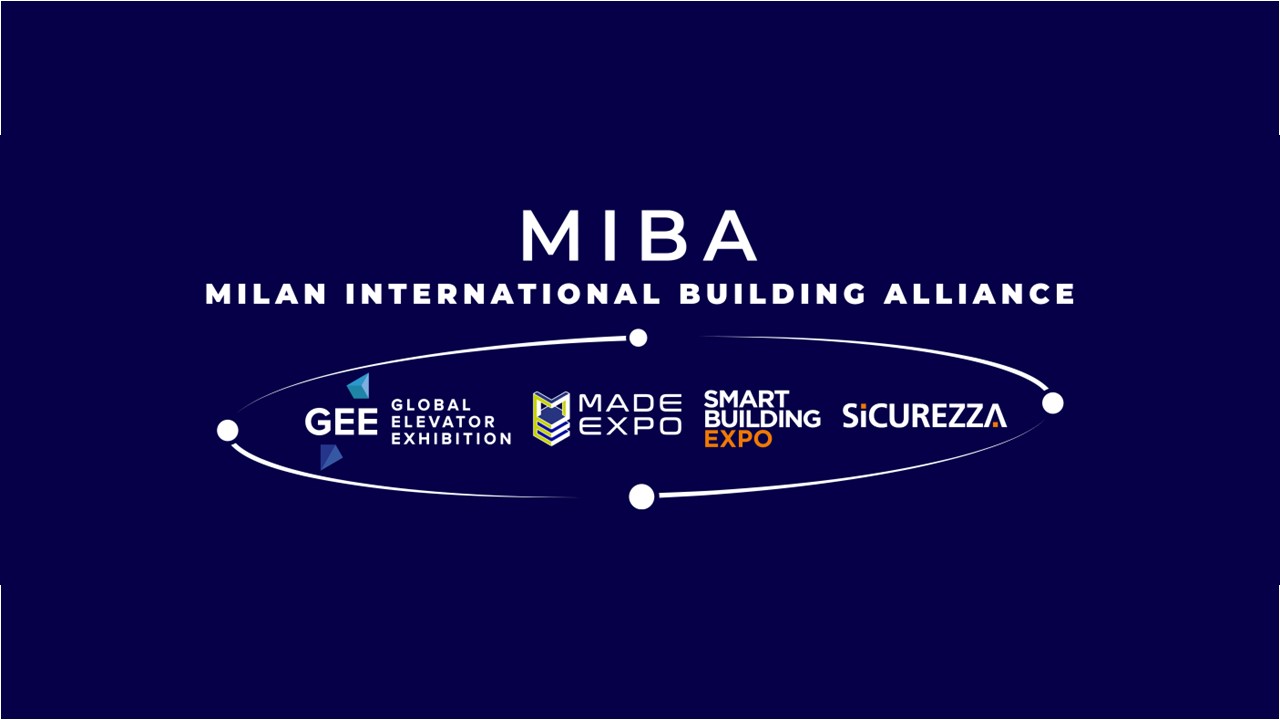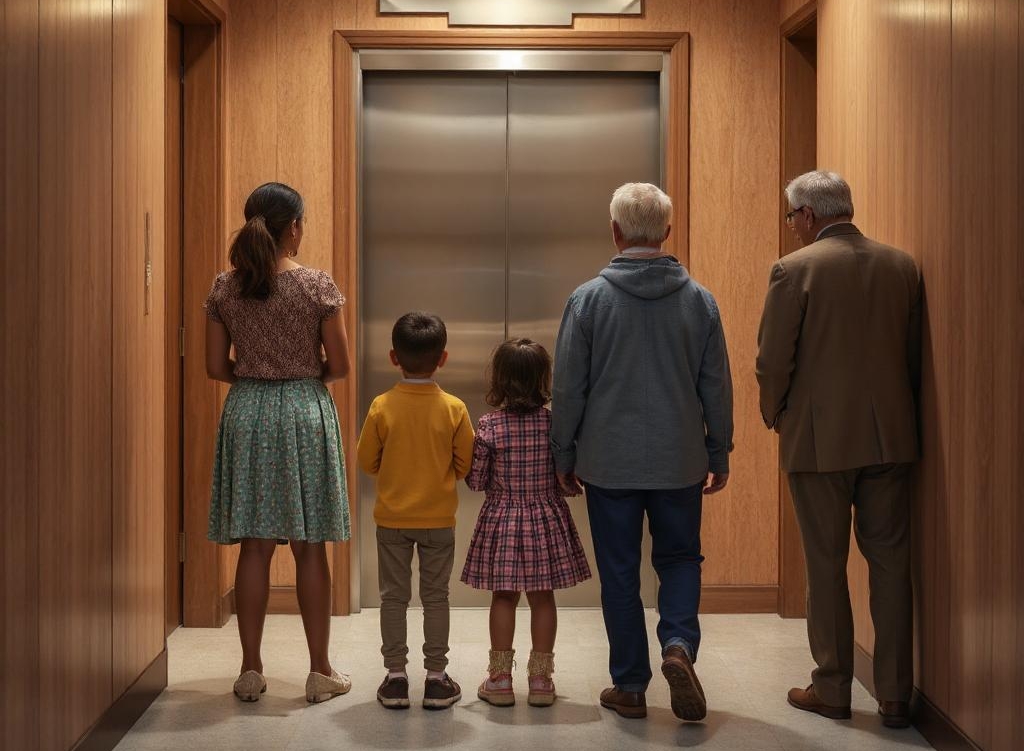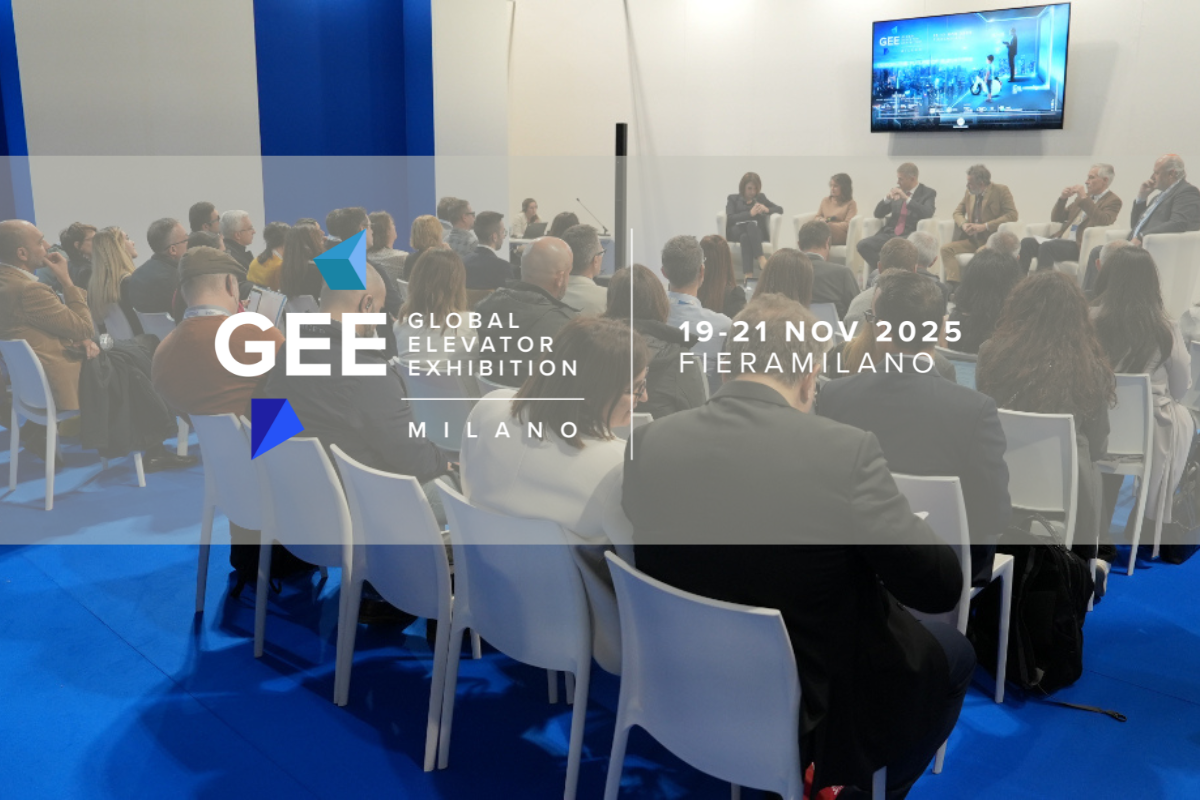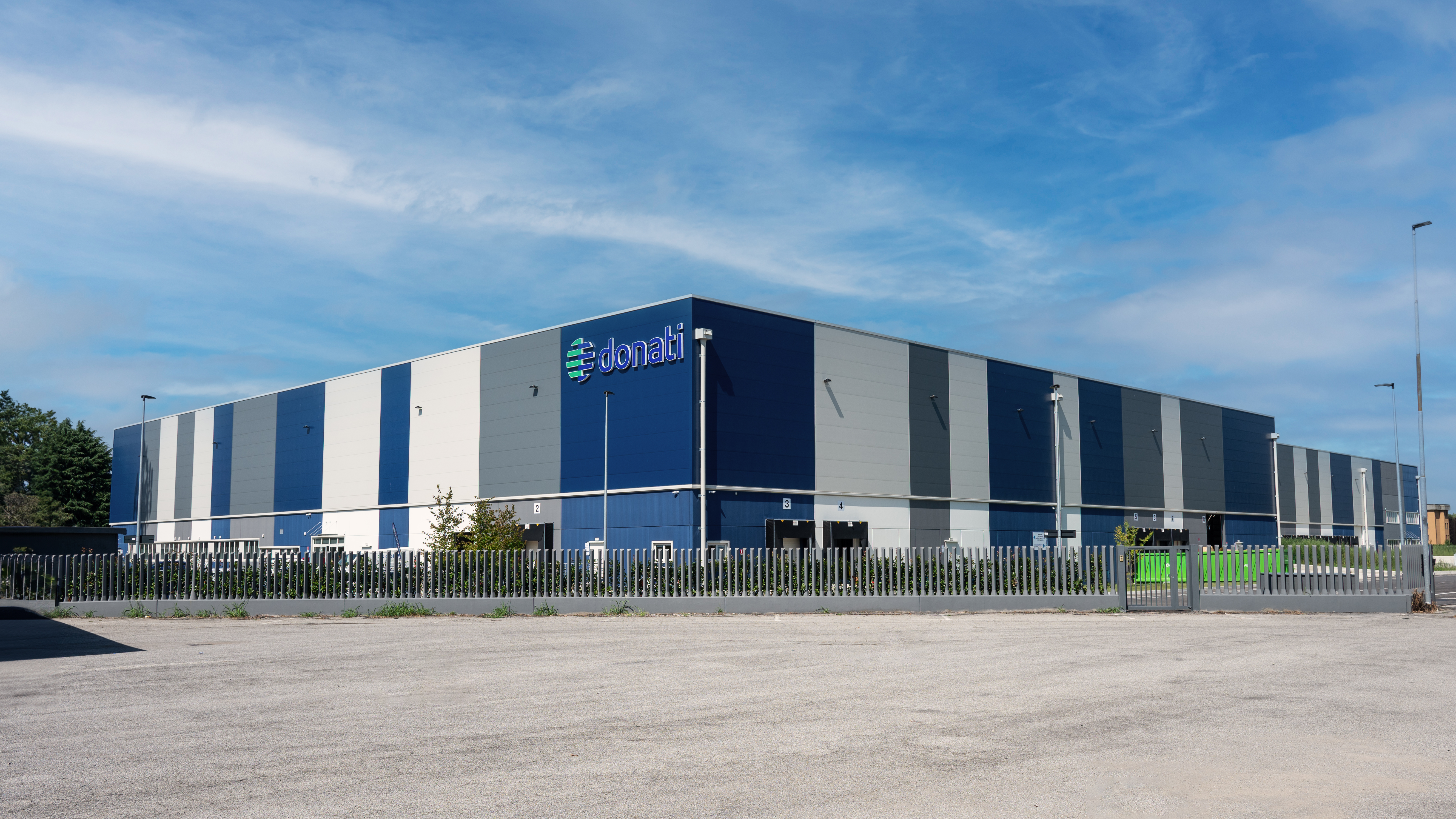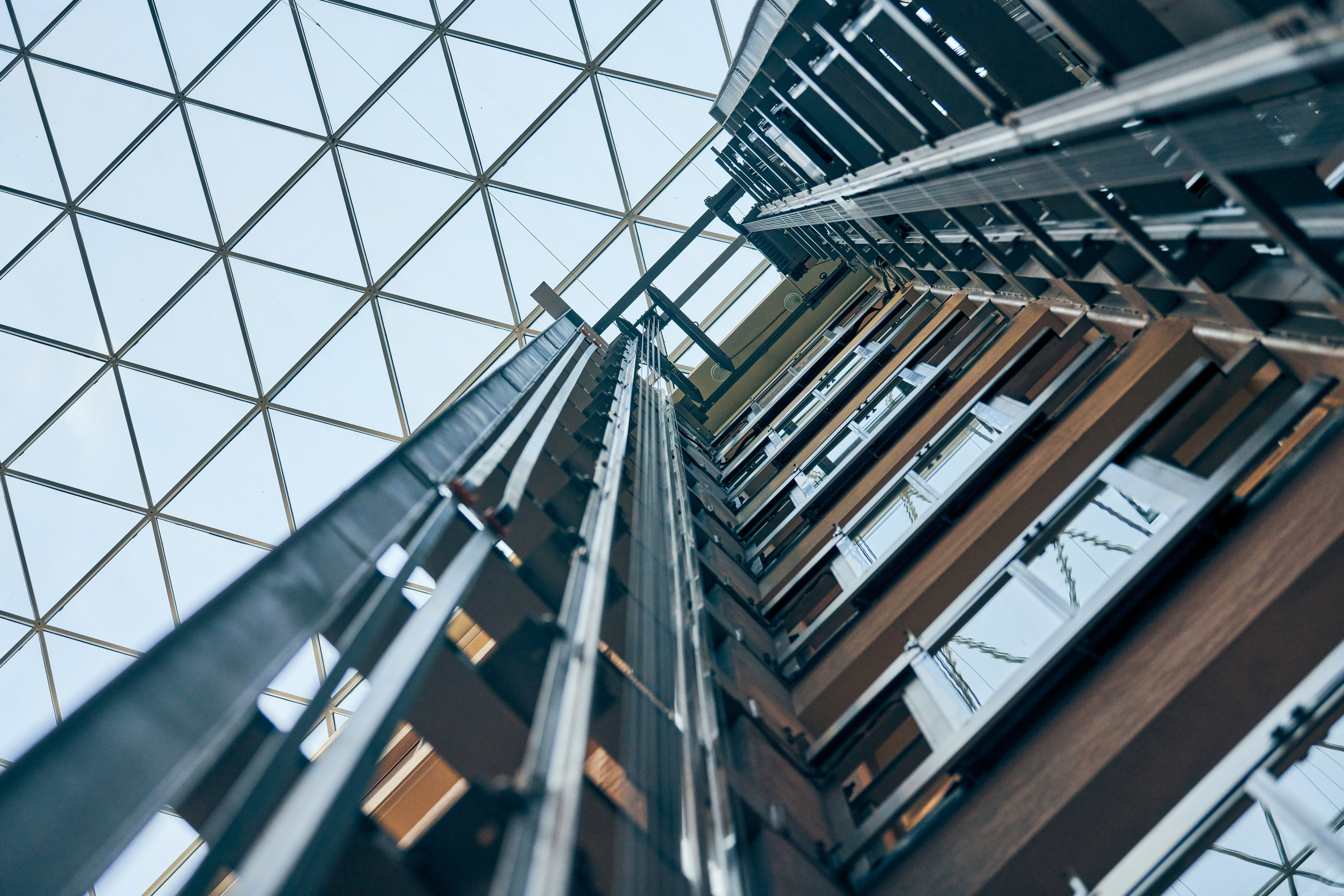The extensive schedule of events and conferences at GEE bolstered the exhibition’s offerings, providing industry insights across various themes. These encompassed discussions on digitising installations for preventive maintenance and expedited interventions, the progression towards 4.0 buildings and smart cities, new safety and efficiency benchmarks, inventive approaches for sustainable construction, and the ambition for a carbon-neutral Europe by 2050. Additionally, the talks emphasised the customisation of installations to create an accessible and inclusive urban environment.
Among the array of sessions, the “GEE - MARKET TRENDS: the future of vertical transport 2023-2033” delved into diverse developmental outlooks, underlining the importance of Italian exports and the value of industry training. Angelo Fumagalli, President of ANIE AssoAscensori, explained that “except for China, the Italian expo is one of the most esteemed in many foreign countries, particularly when it comes to components and materials”. The primary focus remains on safety, transparency, and innovation, while an inclination toward new perspectives and customised structures is gaining momentum. José Maria Compagni Morales, EFESME Vice President mentioned, “in the elevator industry, globalisation is giving way to nationalisation; there's a growing demand for service differentiation based on countries with a tailoring of projects to specific needs”.
“GEE - redesigning spaces and structures for accessibility and inclusivity”, a collaborative event with ANACAM, proposed a paradigm shift toward universal design, aiming for the optimal and inclusive use of spaces. According to Alessandro Greco, Professor, Engineer, Ph.D., lecturer in Technical Architecture at the University of Pavia's Master's Degree Course in Building Engineering - Architecture, a fresh approach is imperative. He advocates for understanding not only the space's geometry and morphology but also the requirements of the individuals using the facility. Greco emphasises the necessity for multidisciplinary and participatory planning, involving collaboration among various professionals and active engagement of the building's residents.
The session “GEE - Elevator Digitalization: A Route to Innovation and Sustainability” centred on advocating for eco-friendly practices to safeguard the environment. “Presently, 36% of energy consumption is attributed to buildings; the urgency of the environmental issue necessitates the construction sector's active participation”, remarked Luca Gianazza, Customer Solution Engineer at KONE Italy & Iberica. Gianazza highlighted the imperative need to develop increasingly sustainable services, starting with eco-efficient solutions like minimising standby power usage or integrating LED lights within elevator cabins. Furthermore, the integration of digitisation in preventive maintenance significantly contributes to reducing energy consumption. “Efficient and targeted interventions undoubtedly curtail environmental impact, notably in terms of technician travel or material recovery. Identifying issues at an earlier stage simplifies everything”, explained Alessandro Roversi from Schindler. “This is feasible through preventive maintenance, involving continuous monitoring of the system's lifecycle and two-way communication that enables remote connections between users and operators during the testing phase”.
“GEE - Innovative Technologies for Establishing More Inclusive, Secure, Digital, and Sustainable Buildings 4.0” and “GEE - Global Perspectives on the Elevator Market: Future Challenges and Opportunities” explored the present and prospective landscape of the industry. These sessions highlighted the sector's potential growth, along with anticipated hurdles, focusing on critical subjects such as sustainability, safety, system modernization, and soft skills. “The forthcoming advancements also entail the creation of cabins enabling combined vertical and horizontal mobility”, stated Raffaella Lione, Professor of Technical Architecture at the University of Messina. “This progress demands innovative approaches to system maintenance and management, with a strong focus on enhanced collaboration and synergy among planners, surveyors, architects, and the elevator industry”.
|
